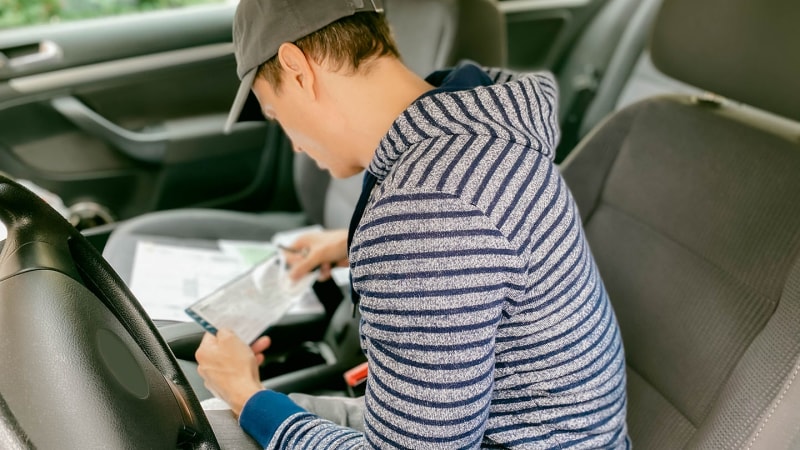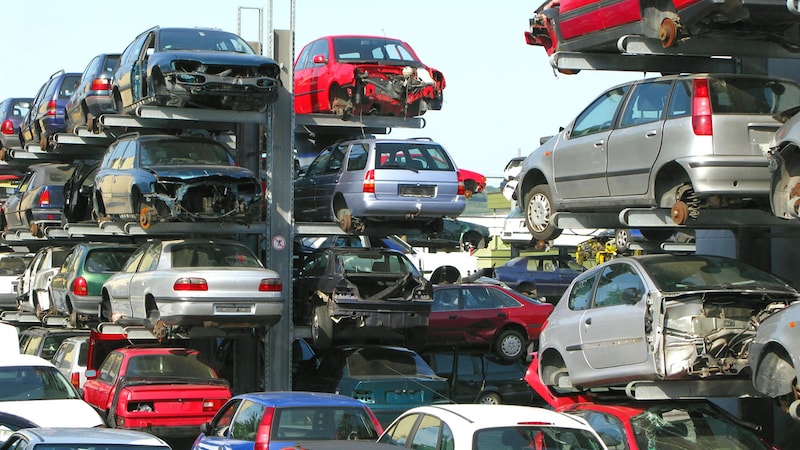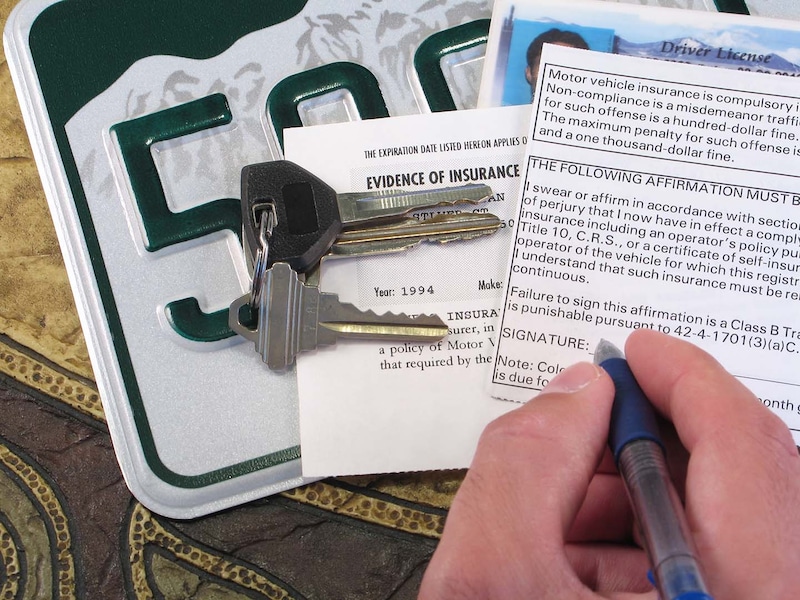States that allow non-resident vehicle registration

Quick insights
- Registering your car appropriately is an important part of owning a vehicle.
- While most states don't allow non-resident vehicle registration, there are some exceptions.
- If you don't correctly register your vehicle with your state, you could be fined or lose your registration.
Owning a vehicle requires you to register your car, typically in the same location where you live and as stated on your driver’s license. However, certain circumstances—such as moving temporarily or being a member of the U.S. military—may have you wondering if you can register your vehicle in a state different from your primary residence. In this article, we’ll review which states allow non-resident vehicle registration plus related implications and considerations.
Can I register my vehicle in another state?
Yes, though it depends on your situation and the state. Most states require you to register your vehicle in the same state you live in. For example, for most states, you will need to update your registration within a certain duration after you’ve moved to that new state.
However, there are some circumstances where you may be keeping residency in your home state while temporarily residing elsewhere. In these cases, you may be able to register your vehicle with an out-of-state driver’s license. It’s important to review your specific state’s requirements and conditions to help you understand the process for registering your vehicle in another state.
Finally, if you are a member of the U.S. military, you may be exempt from needing to update your registration. It can be helpful to review your state-specific Department of Motor Vehicles (DMV) site to confirm the conditions around this.
What states allow non-resident vehicle registration?
While most states require you to register your vehicle in the same state as your place of residence, there are a few exceptions, including:
- California: Non-residents may be required to comply with emissions standards.
- Delaware: Must provide copy of registration, insurance and two proofs of residence.
- New York: Must provide required documentation, including proof of ownership, identification, insurance and completed out-of-state registration. Only applies if you are not a resident of New York.
- South Dakota: You will need to provide documentation including original out-of-state title, a copy of your driver’s license, Social Security number and a registration application. Note that you may need to pay out-of-state fees.
How to register a car in another state
Here are a few steps you can take to begin the out-of-state car registration process:
- If you’ve moved to a new state and need to update your registration, you can check your state-specific DMV website to gather all the necessary information about which documents you will need to provide.
- Make sure your car meets your state’s requirements, such as complying with emissions tests or safety inspections.
- Gather hard copies of all your documents to bring to the DMV. This may include proof of residence/insurance, your Social Security number and more.
If you have questions, you may want to speak with a representative at the DMV or refer to reading your state-specific DMV website for more information.
Implications and considerations
Not only is registering your vehicle in the appropriate state generally required, but you could also face fines if your car is found improperly registered. For example, if you are pulled over while driving and the state police find that your car is not registered correctly, you could be fined and obligated to pay fees.
In some circumstances, you may risk losing your registration. Reviewing your state-specific rules and regulations can help keep you from getting dinged for improper registration.
In conclusion
In most cases, states require you to register your vehicle in the state that you live in. There are some exceptions, such as maintaining home residence in one state and living temporarily in another. There are some states that do not require non-resident vehicle registration, but it’s helpful to review state-specific conditions to make sure you’re in compliance. Finally, if you wish to update your vehicle registration to another state, you may want to gather all your documentation prior to visiting the DMV.
Whether you’re moving or temporarily living somewhere, it’s important to make sure your vehicle is compliant with your state’s regulations.



